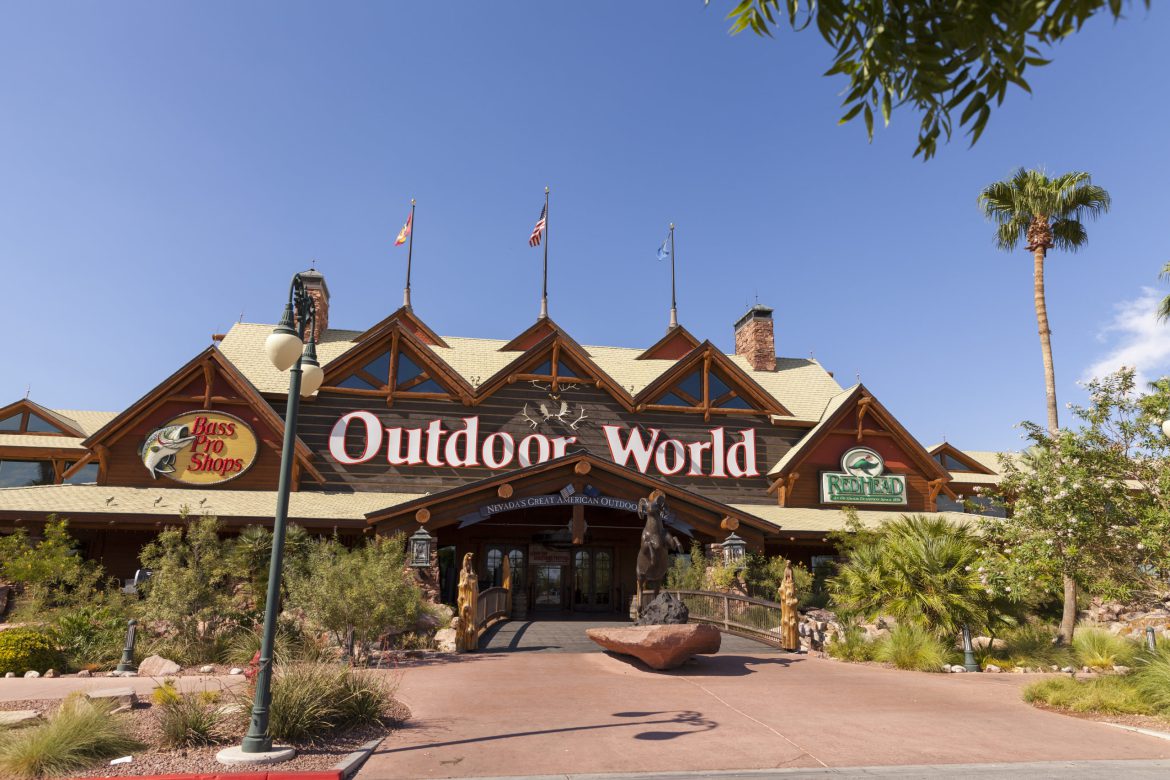As businesses adapt to new problems, crises frequently mark times of rapid change. Leaders at Bass Pro Shops swiftly used location intelligence to supervise a large portfolio of shops and properties during the COVID-19 outbreak, helping to keep customers well-supplied and employees safe.
What are Bass Pro shops?
It specializes in camping, hunting, and fishing and sells a wide range of sporting goods. The Springfield, Missouri-based corporation is most known for its Outdoor World retail stores, which are enormous structures that offer a wide variety of items combined with recreational amenities like target ranges, tanks, restaurants, and game consoles.
In the back of his father’s liquor store in Springfield, Missouri, Johnny Morris opened Bass Pro Shops in 1972 as a fishing tackle business, occupying eight square feet.
Current situation of Bass Pro Shop?
The company has expanded to include the top boat manufacturer in the world, rival outdoor sporting goods companies like Cabela’s, and a hotel division that includes the renowned Big Cedar Lodge resort.
Even as the COVID-19 problem started to affect the world and the global economy, Bass Pro Shops’ size and variety required a complex response. The business had response plans in place, but nobody could have predicted the degree of disruption that has occurred—what the UN secretary-general termed the largest test since World War II.
Maintaining The Business During a Crisis
- Early on, Bass Pro Shops started keeping an eye on the coronavirus threat, including updates from the US Centers for Disease Control and Prevention and the World Health Organization. Early responses were influenced by this data, which led to staff travel restrictions in the targeted regions even before the US State Department implemented restrictions.
- Additionally, Bass Pro moved fast to change business practices at a procurement office in Hong Kong, transferring those staff members to remote work.
- Sales of camping gear, food processing equipment, dehydrated and freeze-dried foods, and survival and safety items all increased considerably as word of the illness spread.
Multiple local regulations and retail tactics
- Navigating the disorganized municipal and state reactions in locations where Bass Pro operates was one of the first significant hurdles. Several states with rapidly increasing infection rates swiftly closed enterprises. Others who were less impacted permitted businesses to carry on as usual.
- To take into consideration, the various state, county, and local limitations, Bass Pro Shops needed location intelligence. For instance, the state of Alaska views the retailer as a necessary industry. However, under the more stringent order issued by the city of Anchorage, where the company’s two main stores are situated, they were not regarded as vital.
Innovation in the Face of Risk
Previously, Bass Pro Shops used GIS to find real estate opportunities and get additional information about client demographics.
Bass Pro Shops gains from a coordinated strategy in which the leadership team members work closely together. During the crisis, they exchanged a lot of information between departments to identify patterns that could inform strategy.
Using Data to Create a More Resilient Future
- The capacity of GIS to display numerous data sources at once is one of its features. The Bass Pro dashboard displays reported COVID-19 incidents overlaid on a map of the company’s facilities. When Johnny Morris, the founder of Bass Pro Shops, gave one million masks to emergency personnel, this skill came in handy.
- A GIS-powered dashboard can find inefficiencies, disruptions, or bottlenecks in the supply chain as well as patterns in security incidents like break-ins or credit card fraud. Nearly every hazard has a spatial component, as COVID-19 has shown, and identifying the risk’s location is frequently the first step in reducing it.
The Bass Pro Shops group is guaranteeing that its judgment has instant access to the location intelligence they have needed to provide clarity to a situation of exceptional complexity and turmoil during the COVID-19 emergency.


